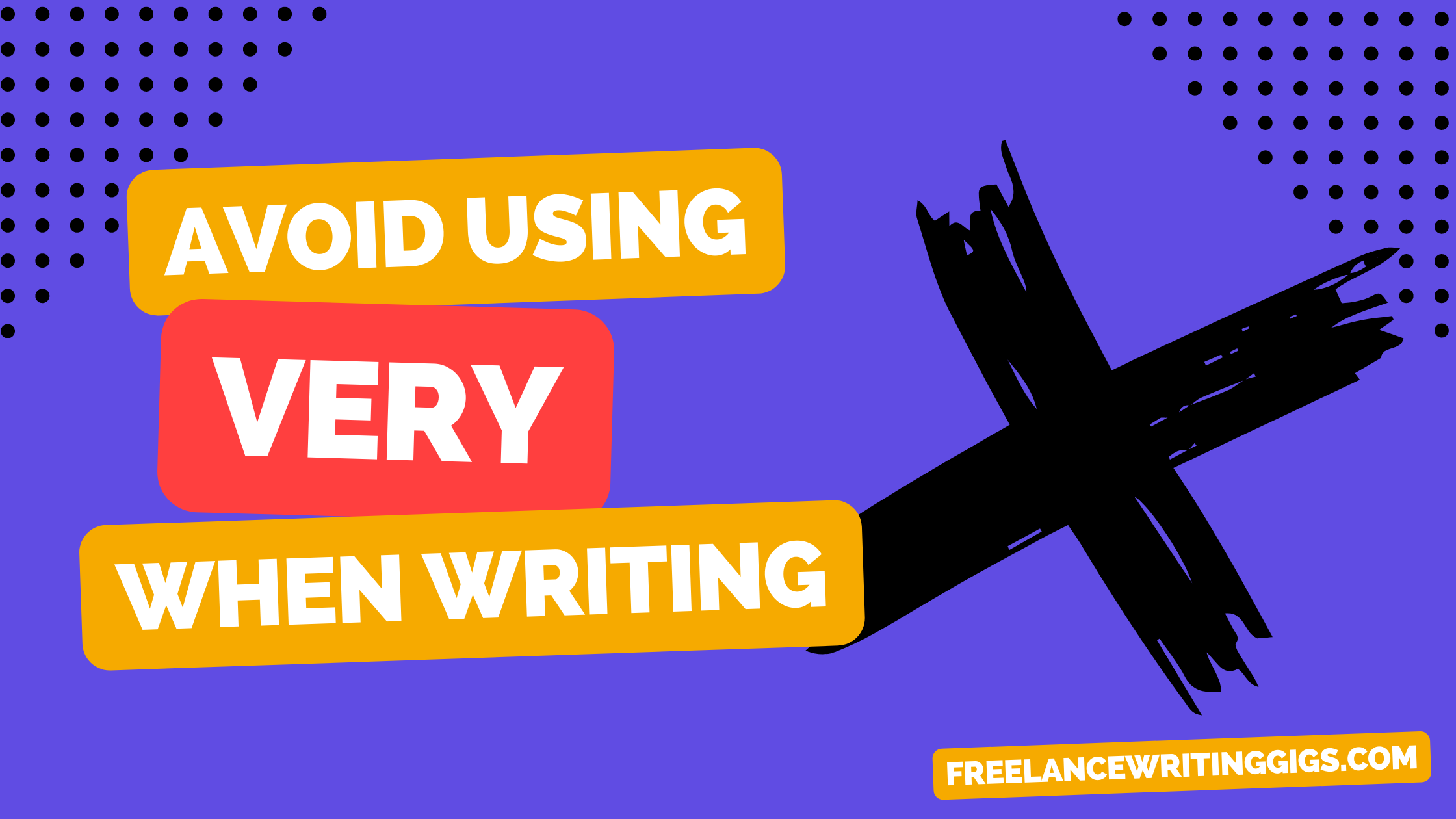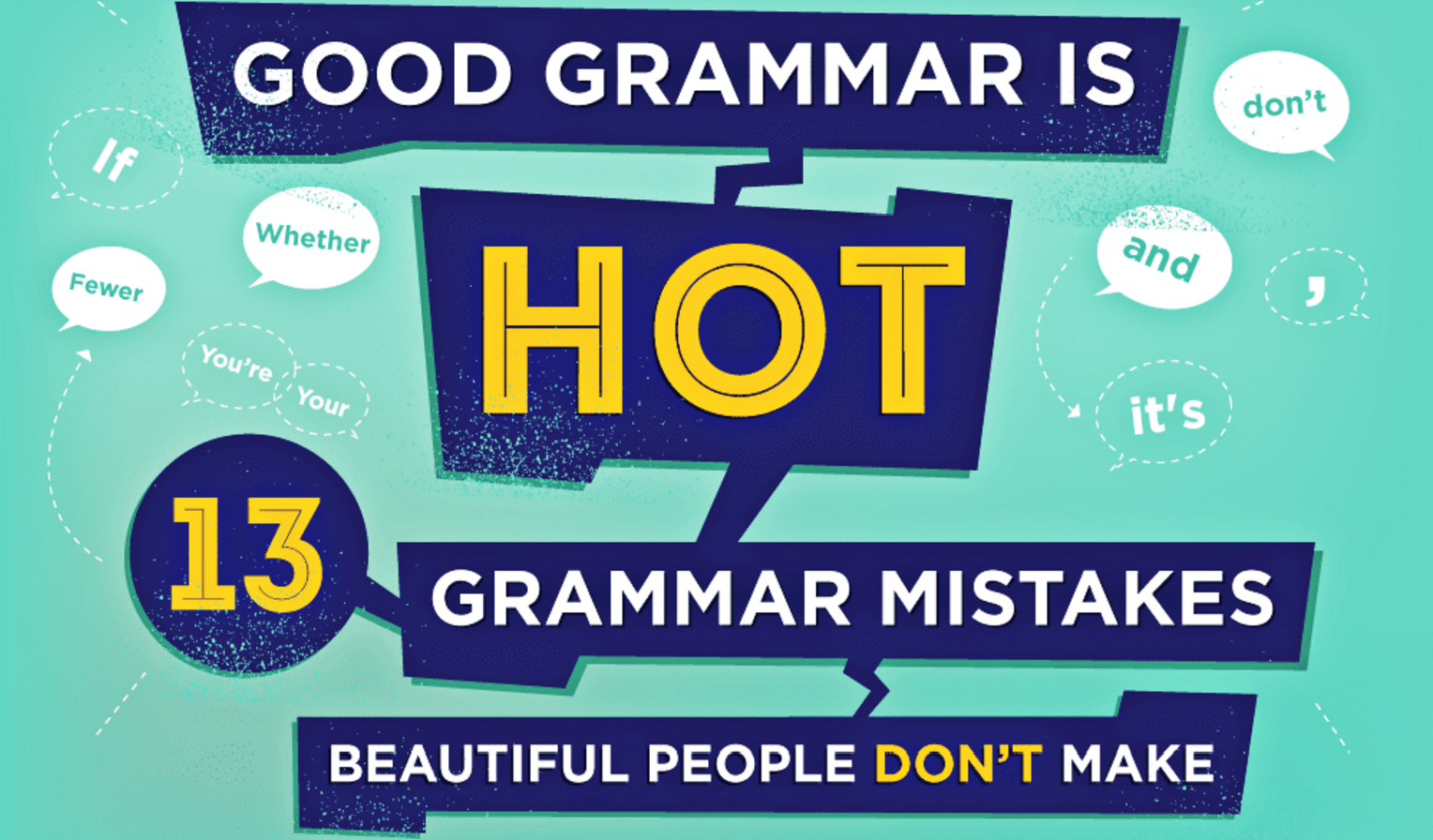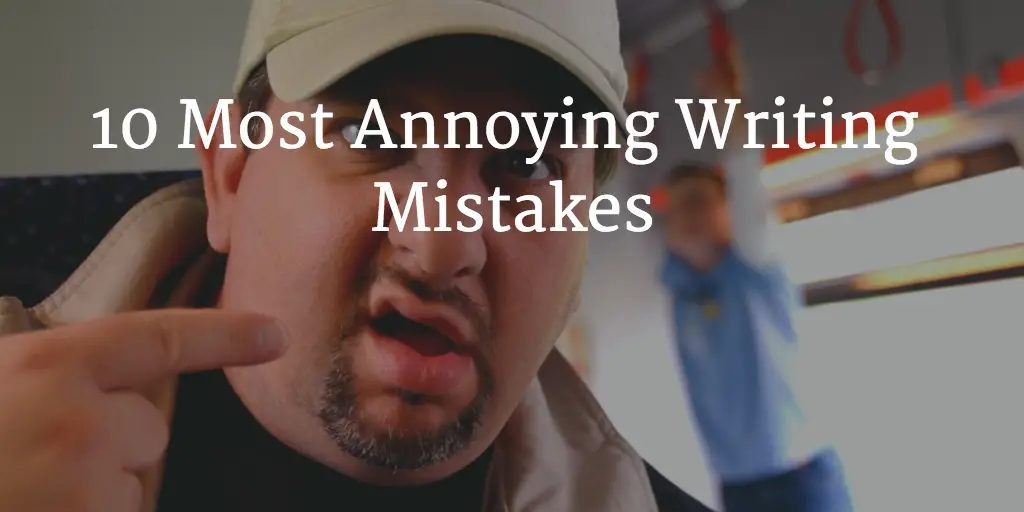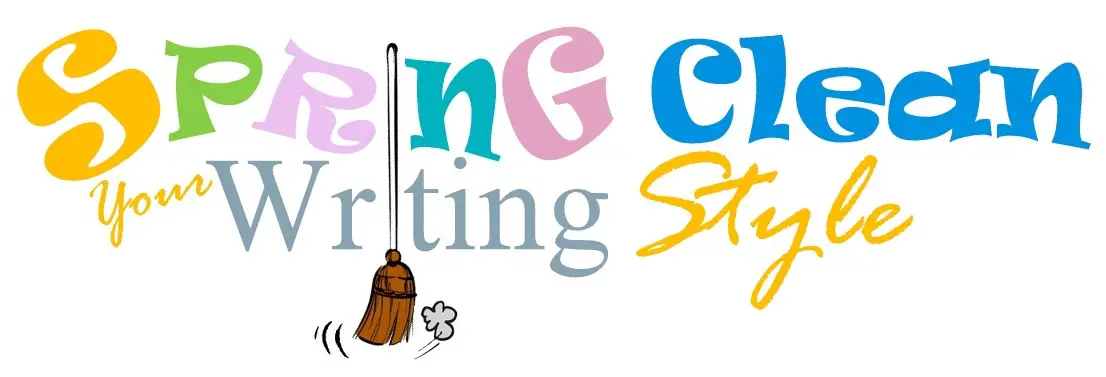Grammar Guide
-
Essential Grammar Tools and Resources for Freelance Writers
Grammar proficiency is a vital skill for freelance writers, as it ensures…
-
When Breaches of Grammar Are Acceptable
This post is for the rebels. Or those who have even the…
-
Grammar Tips and Proper Vocabulary Usage for Freelance Writers
With the rise of remote work and the freelance economy, many people…
-
Happy National Grammar Day! Are You a Grammar Troll?
Rejoice, members of the Grammar Police. It’s your day today. Let’s hereby…
-
Avoid Using “Very” Because It Makes Your Writing Very Weak
“So avoid using the word ‘very’ because it’s lazy. A man is…
-
13 Grammar Mistakes Beautiful People Don’t Make
I have a feeling I’m going to get in trouble with this…
-
These Signs Will Make You Shake Your Head
Whether it’s due to amusement or exasperation, you be the judge. While…
-
10 Most Annoying Writing Mistakes (According to LinkedIn Users)
How do you annoy a writer? The list is to long too…
-
Spring Clean Your Writing Style
The season of renewal has arrived! After you scrub your floors, rearrange…










